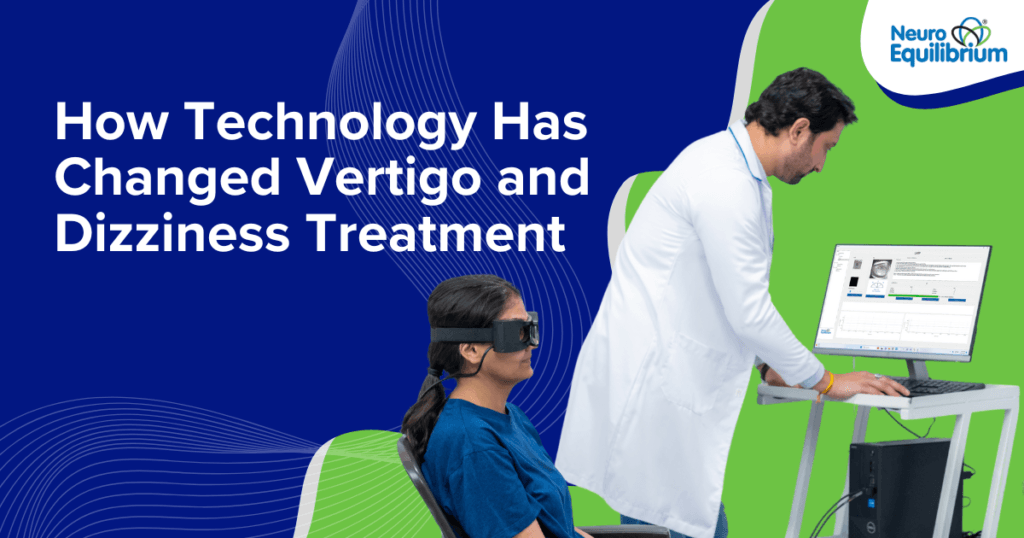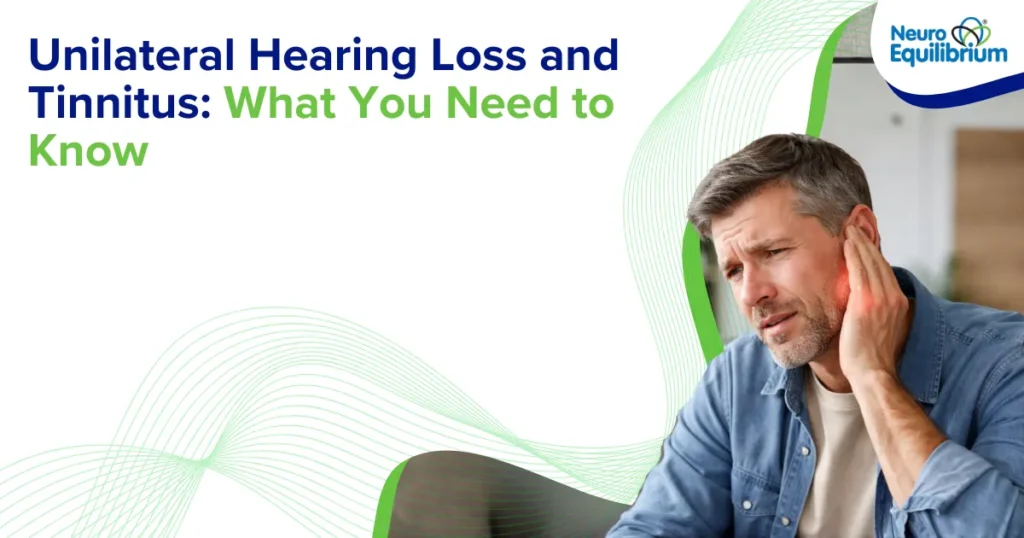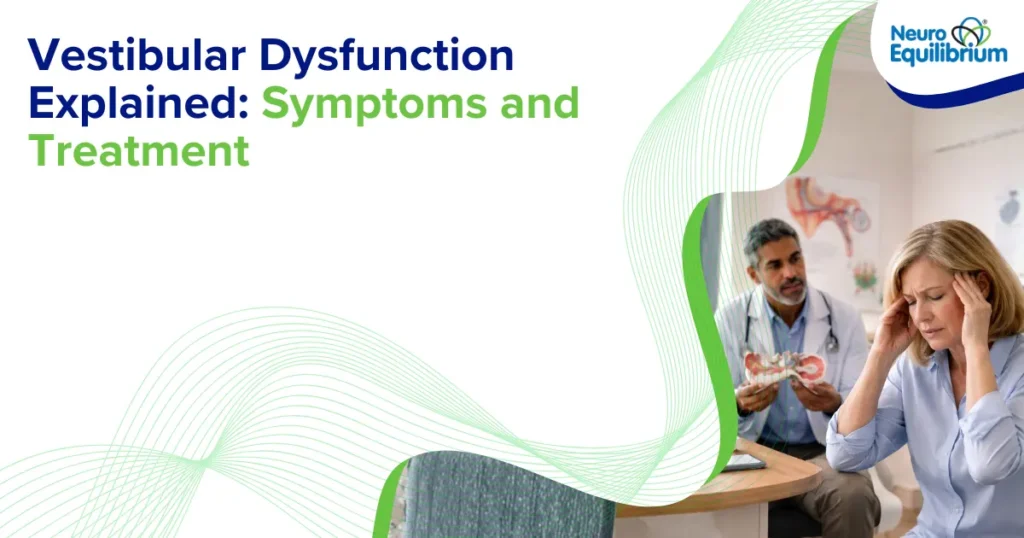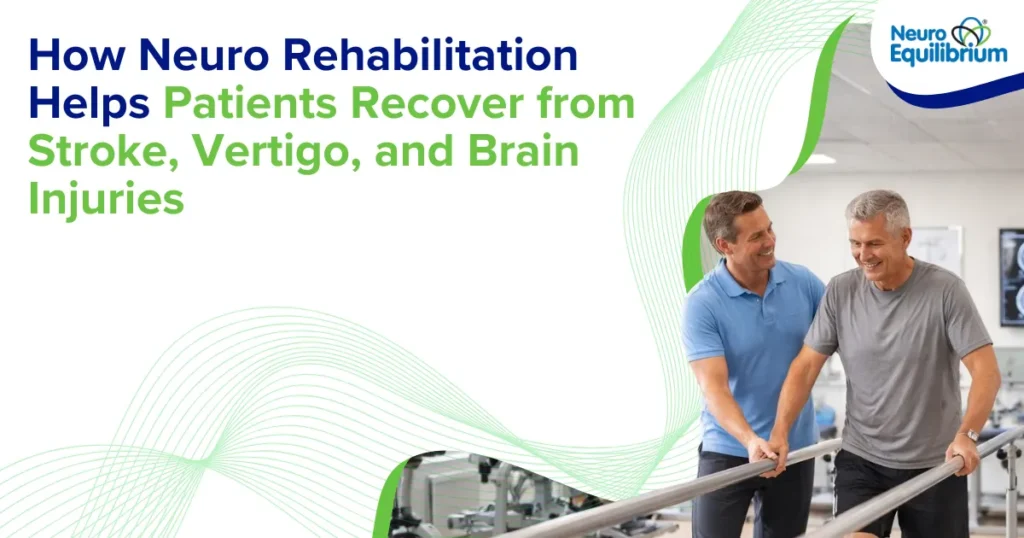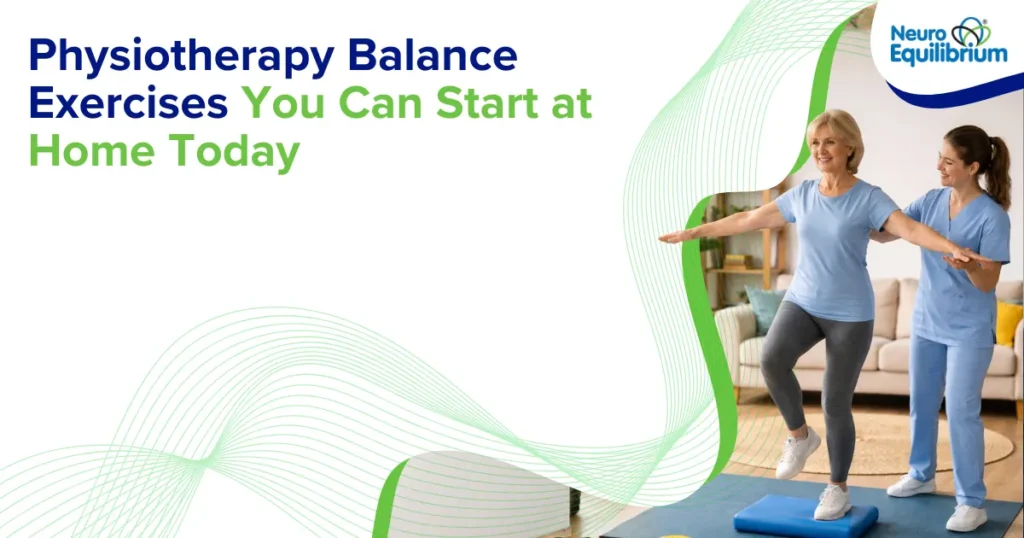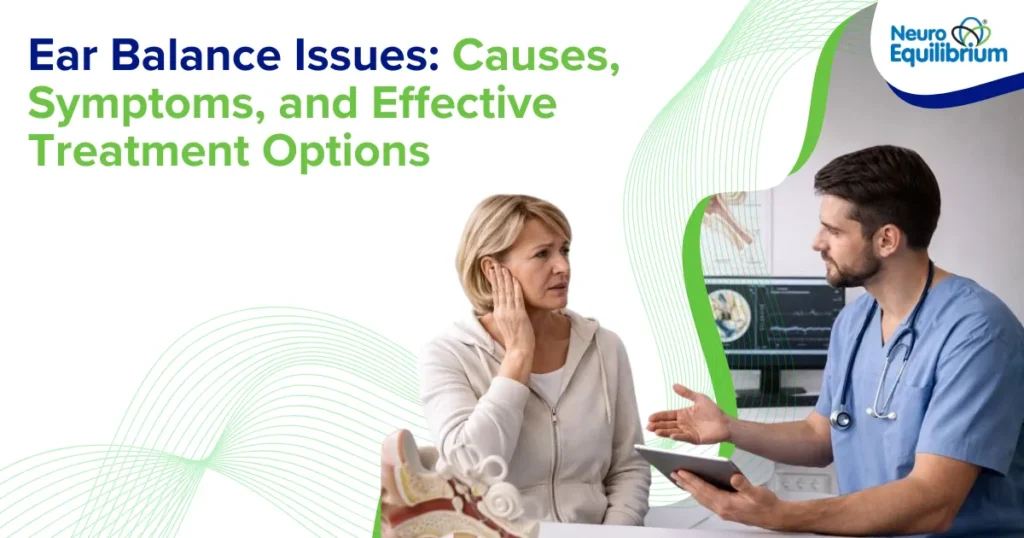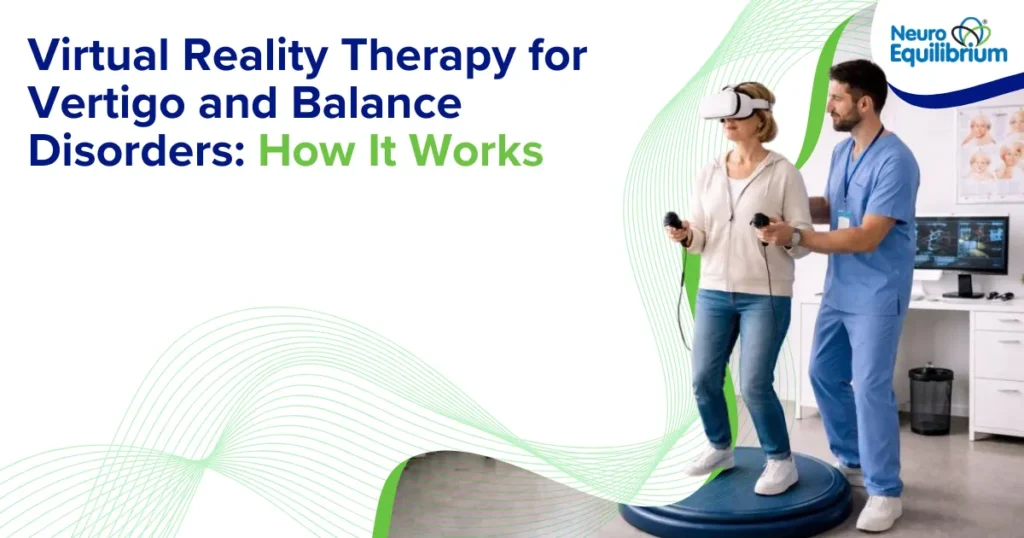What is Vertigo?
Vertigo is a feeling that everything around you is spinning, even when standing still. Some people call it “chakkar.” It can make you feel unsteady, dizzy, or unable to focus.
Problems in the inner ear often cause vertigo, but it can also come from the brain or other body parts. Around 18 crores people in India experience dizziness and balance problems, making it a significant health issue.
Know More About Vertigo
- Top Clinics for Vertigo and Balance Disorders in India
- What to Do During a Vertigo Attack: Symptoms, Causes, and Immediate Relief
- Top 3 Essential Vertigo Tests: How to Identify and Manage Balance Disorders
How Vertigo Affects Daily Life
Vertigo is more than just dizziness; it can make daily life difficult. Many people fear that they might fall or lose balance suddenly. This makes them afraid to drive, travel, or even go outside. Over time, this fear can lead to stress, anxiety, and even depression.
For older people, vertigo can be dangerous. Falling due to dizziness is a significant cause of serious injuries and deaths in those over 65. However, vertigo can happen at any age. Family history, head injuries, certain medicines, and low blood pressure can all increase the risk.
Vertigo is a Symptom, Not a Disease
Vertigo is not a disease itself, it is a sign of another health problem. Many conditions can cause vertigo, including:
- BPPV: Caused by tiny crystals displaced inside the inner ear.
- Ménières Disease: Happens due to excess fluid in the inner ear.
- Vestibular Migraine: A migraine that affects balance.
- Inner Ear Infections: They can cause swelling in the balance nerve.
Each condition has different symptoms. For example, BPPV lasts only a few seconds, while Ménières Disease can last for hours and cause vomiting and hearing loss. This is why obtaining an accurate diagnosis is crucial for effective treatment.
How Technology Helps Diagnose Vertigo
In the past, it was hard to find the exact cause of vertigo. But today, technology has made it much more manageable. Doctors now use advanced tools to check balance problems, such as:
- Videonystagmography (VNG): Checks eye movements to understand balance issues.
- Video Head Impulse Test (vHIT): Measures how well the inner ear connects to the brain.
- Dynamic Visual Acuity (DVA): Tests how a person can see while moving.
These tests help doctors find the exact problem to suggest the proper treatment.

Modern Treatments for Vertigo
The best treatment depends on what is causing vertigo. Some common treatments include:
- BPPV: The Epley Maneuver helps move the tiny crystals back to their place. Cricketer Steve Smith recovered from BPPV using this method and played a great match against India!
- Vestibular Migraine: Treated with medicine and lifestyle changes.
- Inner Ear Infections: Treated with exercises to help the brain regain balance.
| Condition | Cause | Treatment |
| BPPV | Tiny crystals displaced inside the inner ear | Epley Maneuver helps reposition crystals. |
| Ménière’s Disease | Excess fluid in the inner ear | Managed with diet changes, medication, and therapy. |
| Vestibular Migraine | Migraine affecting balance | Treated with medicine and lifestyle changes. |
| Inner Ear Infections | Swelling in the balance nerve | Treated with exercises to help the brain regain balance. |
Many people take medicines that only reduce symptoms without fixing the real problem. But with modern diagnosis and treatment, it’s possible to get lasting relief from vertigo.
Conclusion
India has emerged as a global leader in vertigo care, with NeuroEquilibrium spearheading innovations through its network of 125 specialized clinics nationwide. As India’s largest vertigo treatment chain, we integrate cutting-edge diagnostic tools like videonystagmography and dynamic visual acuity test to pinpoint balance disorders accurately, reducing reliance on generalized temporary therapies.
We have multidisciplinary teams—ENT specialists, neurologists, and physiotherapists—that deliver tailored vestibular rehabilitation programs to address the root causes of symptoms. Vertigo can make life difficult, but it is treatable. If you or someone you know has vertigo, don’t ignore it. Book a consultation at your nearest NeuroEquilibrium clinic.
FAQs:
What are the common causes of vertigo?
Vertigo can be caused by conditions like BPPV (tiny crystals displaced in the inner ear), Ménière’s Disease (fluid buildup in the ear), vestibular migraines, and inner ear infections.
Book a consultation at your nearest NeuroEquilibrium Clinic today.
How has technology improved vertigo diagnosis?
Advanced tests like Videonystagmography (VNG), Video Head Impulse Test (vHIT), and Dynamic Visual Acuity (DVA) help doctors accurately diagnose balance disorders.
Book a consultation at your nearest NeuroEquilibrium Clinic today.
What are the most effective treatments for vertigo?
No, vertigo is a symptom of an underlying condition. With proper diagnosis and treatment, many people can recover completely or manage their symptoms effectively.
Book a consultation at your nearest NeuroEquilibrium Clinic today.
Is vertigo a permanent condition?
No, vertigo is a symptom of an underlying condition. With proper diagnosis and treatment, many people can recover completely or manage their symptoms effectively.
Book a consultation at your nearest NeuroEquilibrium Clinic today.
Where can I find specialized vertigo treatment in India?
NeuroEquilibrium has over 200 centers across India, providing advanced technology and expert care for vertigo and dizziness disorders.
Book a consultation at your nearest NeuroEquilibrium Clinic today.






